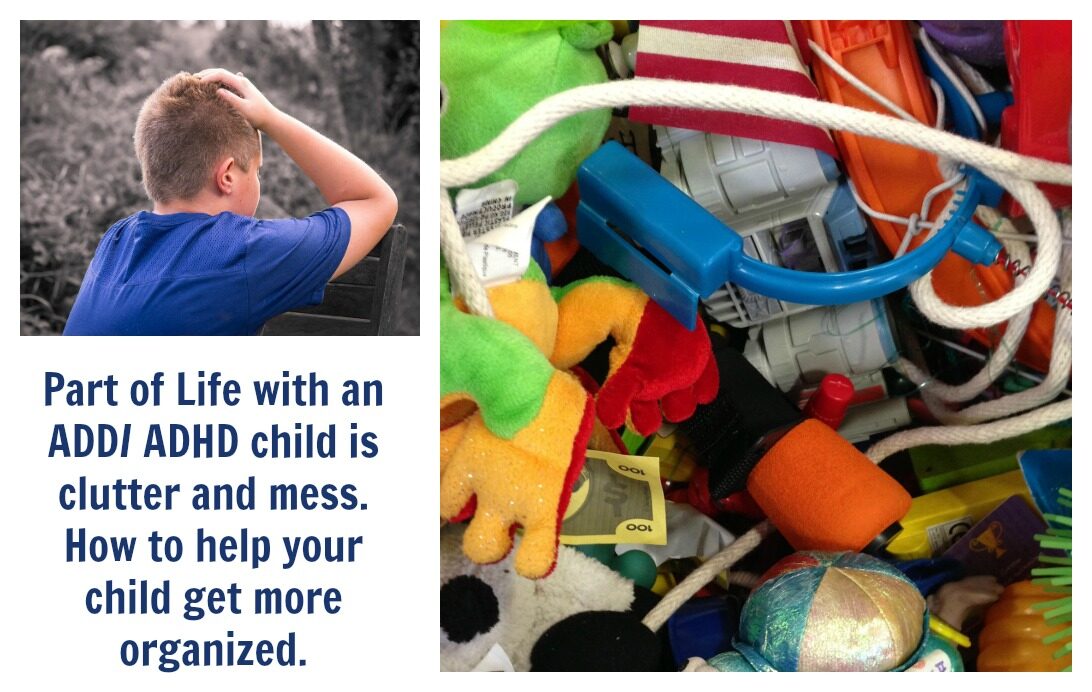How to Help a Child with ADD Get Organized
Children with ADD (attention deficit disorder) find it very difficult to stay focused. They tend to get in trouble at school for not paying attention. They forget to do their chores and homework or they forget to brush their teeth and get ready for bed. These kids are easily distracted and they’re very forgetful. It often seems like they’re just ignoring you or that they intentionally don’t do what you ask, which can be very frustrating.
Children diagnosed with ADD are often well behaved but they sometimes seem to be off in their own little world or unable to focus or settle down. In addition to these symptoms, clutter seems to follow children with ADD around like a magnet.
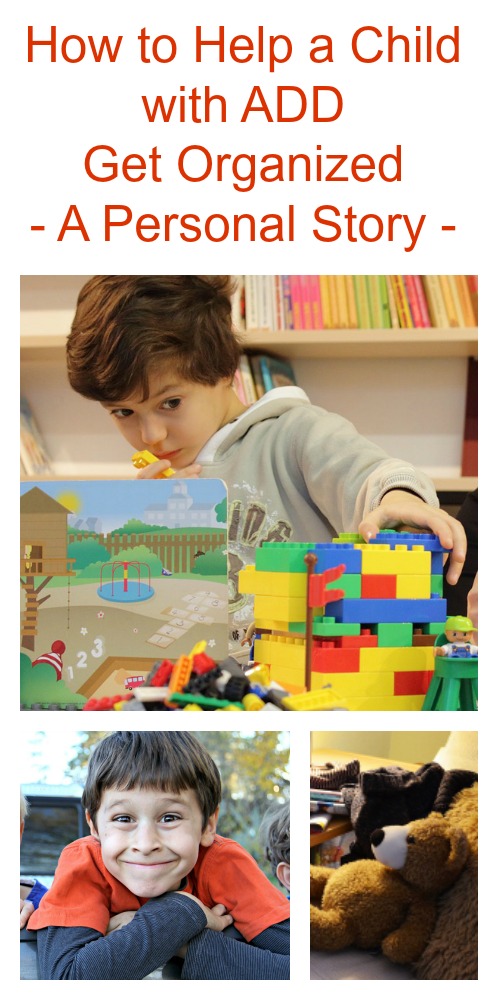
Why ADD Affects Organization
Kids with ADD don’t set out on a mission each day to be messy. They don’t leave toys and clothes all over the floor just to upset you. They’re not trying to be defiant or break the rules. In fact, they might not realize realize they’ve made such a big mess. Even worse, they may be ashamed that they are letting you down, scared to get in trouble and literally unable to know where to start to clean. Kids with ADD are so caught up in whatever they’re doing at the time, they’re often oblivious of the mess around them until someone points it out.
When you do point it out, it can be overwhelming. When a child is tasked with a job that is too big to handle, they may not know what to do or where to start. Some may see this as disobedience or laziness but it could just be ADD or ADHD. To no fault of their own, these kids need extra care to learn life skills while keeping their self-worth intact. Fortunately, there are many ways to approach this situation and get the results you and your child want.
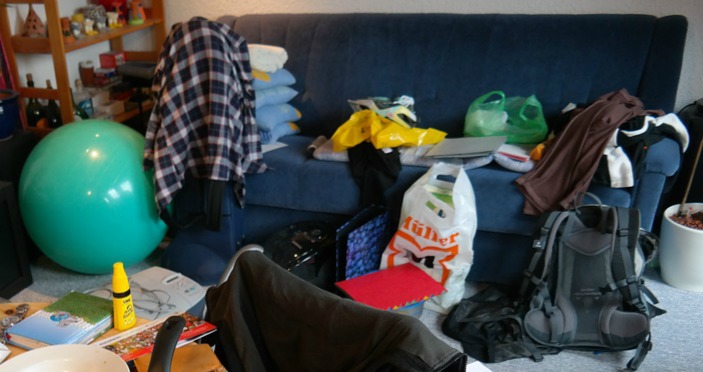
Tips for Helping Kids with ADD/ADHD Stay Organized
Many mons can relate to the story where they pack a sports bag with their child’s uniform, ball, water bottle and cleats and set it right by the door. The child is responsible for taking the bag to the car. The car pulls up to the game and one of those key things is missing from the bag. The parents start questioning and scolding the child and the child is confused or angry or feels terrible.
This is merely one example of a frustrating incident that parents of an ADHD child experience daily. Parents do show their emotions of being annoyed and mad and just tired of this happening all the time (every time).
Having a son with ADD myself, I look back at the shaming faces I made or tones I used or lectures I gave to my son and feel regret enough to cry every time. Now that I am removed from living the life of a mom with an ADD child, I wish I would have been different. I want to go back and be more understanding and better at slowing down. To take the time to help him learn to be independent and organized instead of doing things myself to same time which left him feeling bad.
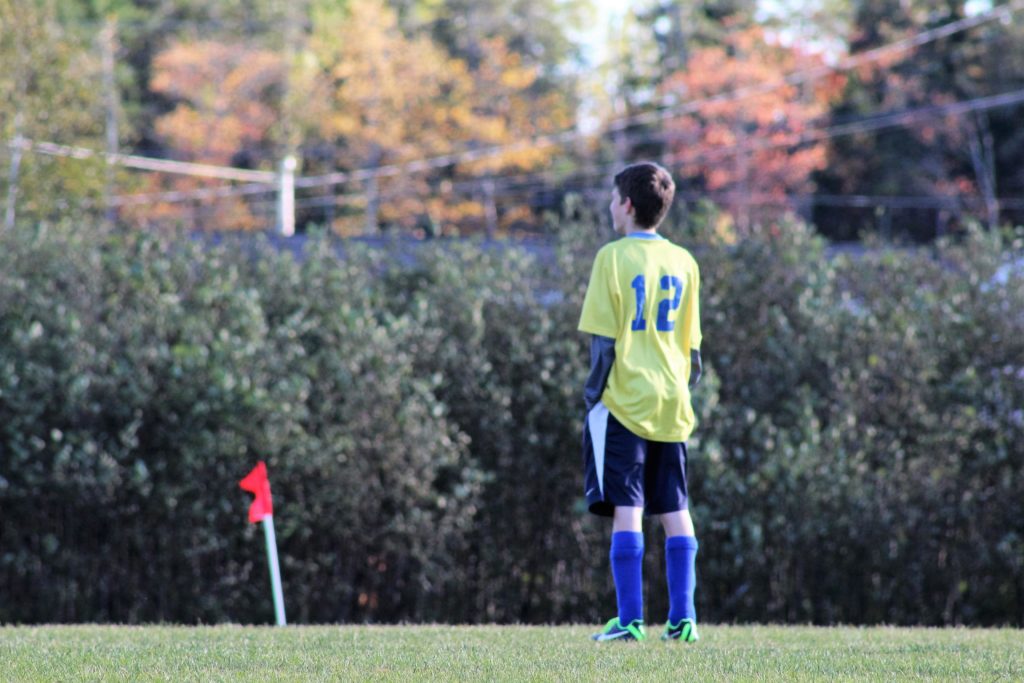
When you have a child with ADD you quickly learn that clutter rules your life. In fact, it’s so common that you probably go along behind your child and pick up after them all day long. After all, they never seem to remember to put things away so it’s faster and easier to just do it yourself. I fell into this trap with my son as I mentioned and while it might be true that it is faster and easier to do everything yourself, ultimatley you’re not helping you or your child by doing this.
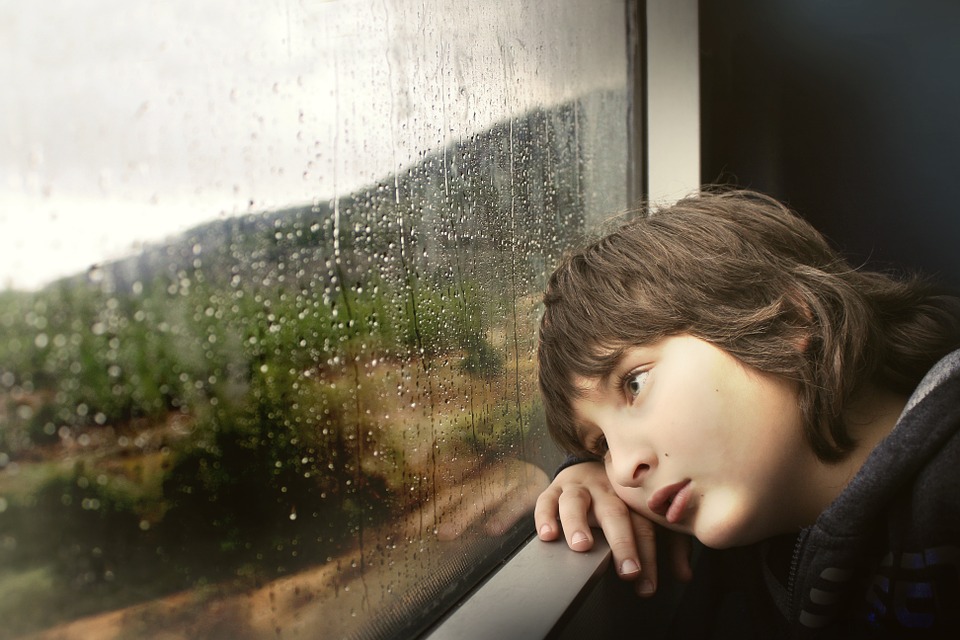
You won’t always be there to live their lives for them so children need to learn how to clean up and stay organized. It will take a lot of time and dedication to the process but it is essential to their success. You want to give them what they need so they can eventually do things for themselves.
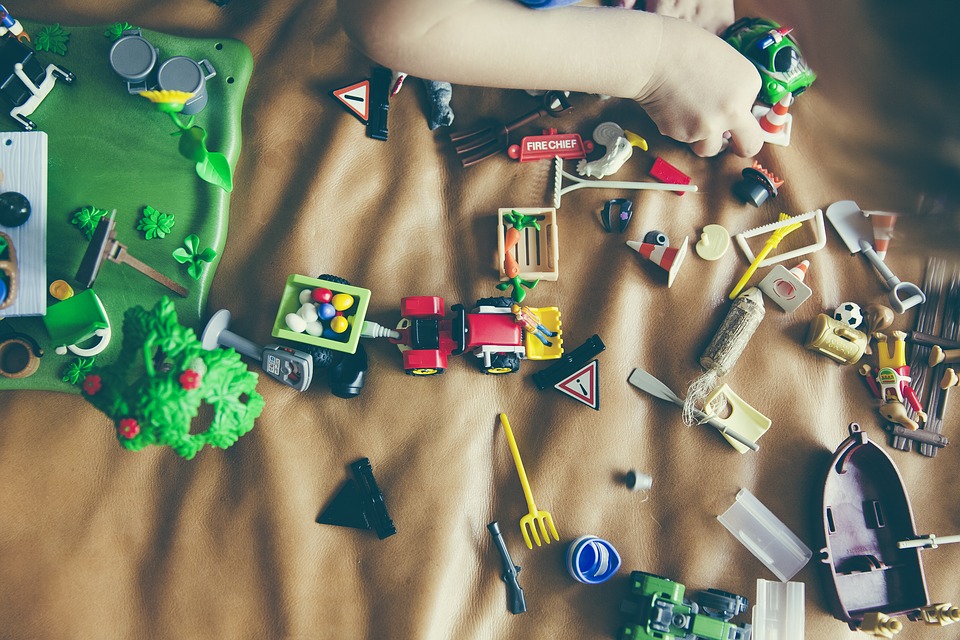
Here are a few tips to help him/her learn how to stay organized:
Start with a basic set of rules that are simple and easy to understand. Make them as simple and specific as possible without multiple steps. Make a chart explaining the rules for cleaning. Examples would be, make your bed, throw away your trash, put dirty clothes in hamper, put clean clothes in a pile on the bed, put shoes in closet, put papers in a pile on desk, put Legos in tub, etc. One these are done, move to the pile of clothes on the bed. Write down the steps for sorting laundry. Start by creating the starter lipes with a n item or. two in each spot. Then your child will pick up one item at a time and decide which pile it belongs in. Once that is completed, start the next set of directions which involves getting the piles into specific drawers or hangers. Organization is key for them to not get frustrated or distracted when trying to do somethig as simple as get dressed. Help then learn the importance of everything going where it belongs to create order and avoid confusion.
After the laundry on the bed is done, it is time to tackle the papers on the desk. This is again where organizational skills can be taught. First decide what to keep and what to throw away. Then decide where the “to keep” papers should go. Bulletin board, school folders, desk drawer?
Breaking big jobs into easy to complete tasks is the best way for any child to learn, and especially necessary for kids with ADD/ADHD.
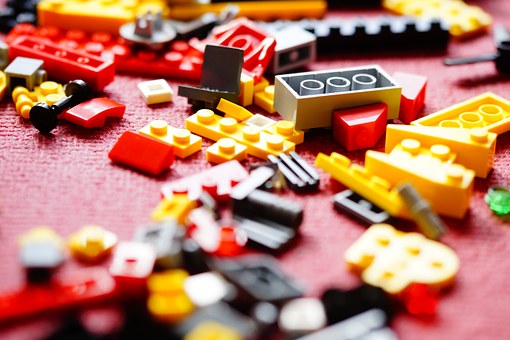
Make it easy for your child to clean. If the coat and backpack always ends up on the floor in a certain corner of the room, put a hook in that spot so that it at least looks more tidy and your child can experience some success. It is better to compromise and have some successes than continue to have them feel like a disappointment.
For children with lots of important things that they can not part with, having a “junk drawer” is a solution for all the things that don’t hae a spot but still need a place. Things like cheap dollar store toys, stickers from school, a special rock and drawings that he/she can not part with can easily go in a drawer or a box or an plastic tub with a lid. This keeps the space uncluttered and they have a treasure chest of their special things.
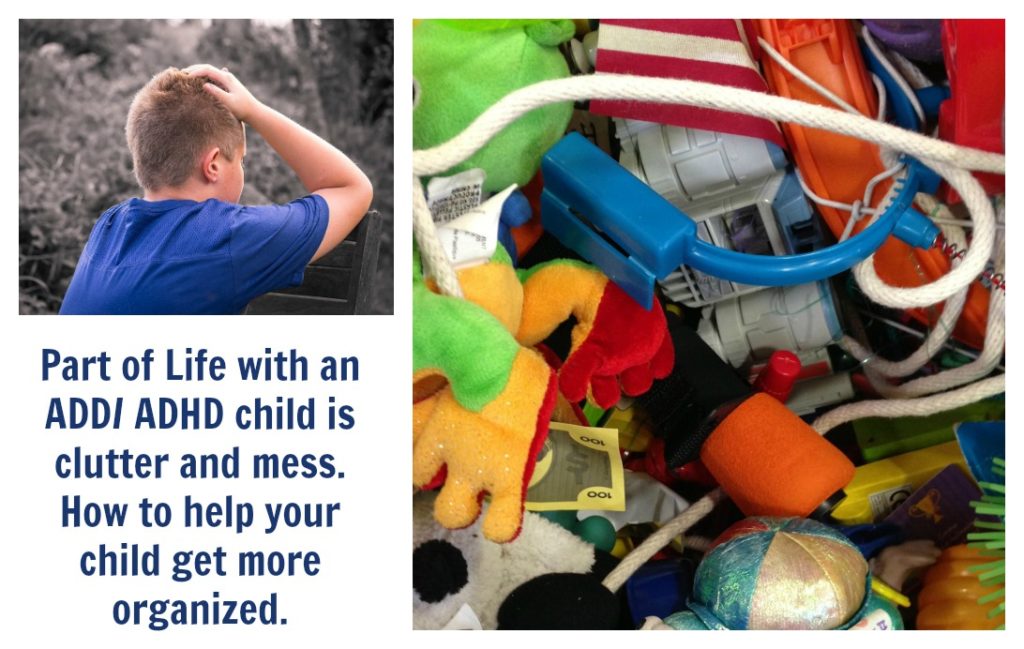
The concept of putting things back where they go may seem like common sense, but to a child with ADD, it may literally be an impossible task.
Don’t set your child up for failure. If too baskets to sort things into make your child overwhelmed, get one big toyboy that everything can fit into. If you want Legos separated from other toys, keep them put away where your child must ask for them. Then put your child in a specific area away where there are only the Legos to play with. The Legos won’t get mixed up with other toys or lost and clean up will be a lot easier on everyone. Best of all, you get the mess cleaned up by your child, and your child gets to be proud of their job well done.
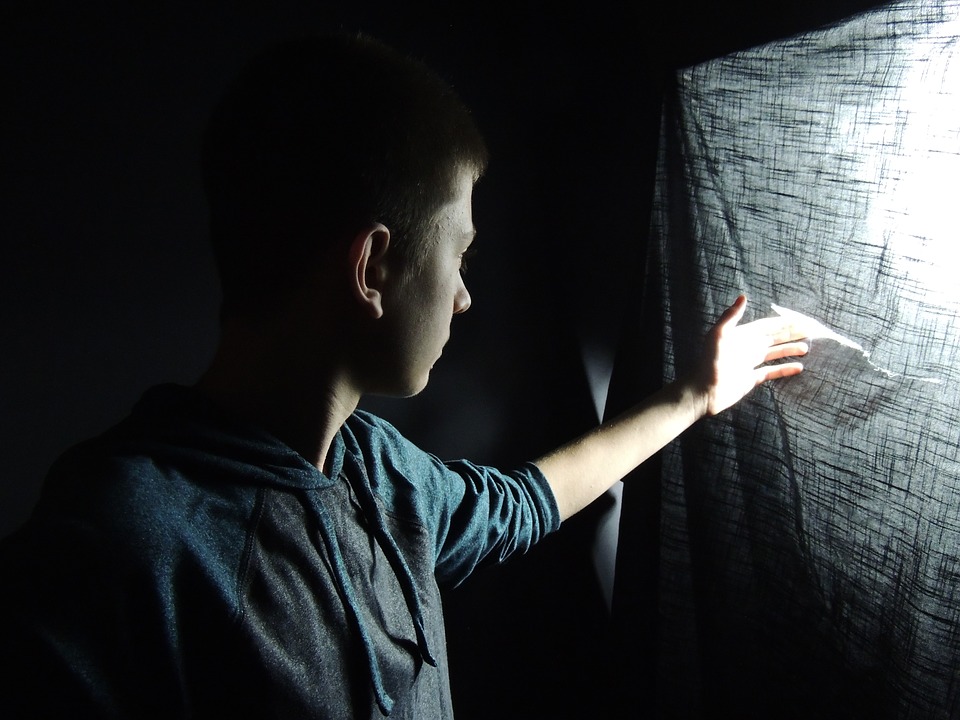
Help your child clean by telling them what you need them to do using one command at a time Accept within yourself that you will have to be patient and empathetic. Use simple commands, redirect when he/she gets distracted and repeat this over and over until they can manage some of these tasks independently. Breaking down large tasks into smaller and simpler steps works great too. Every time they finish a set of steps, commend them and write down the next ones to accomplish until the job is done.
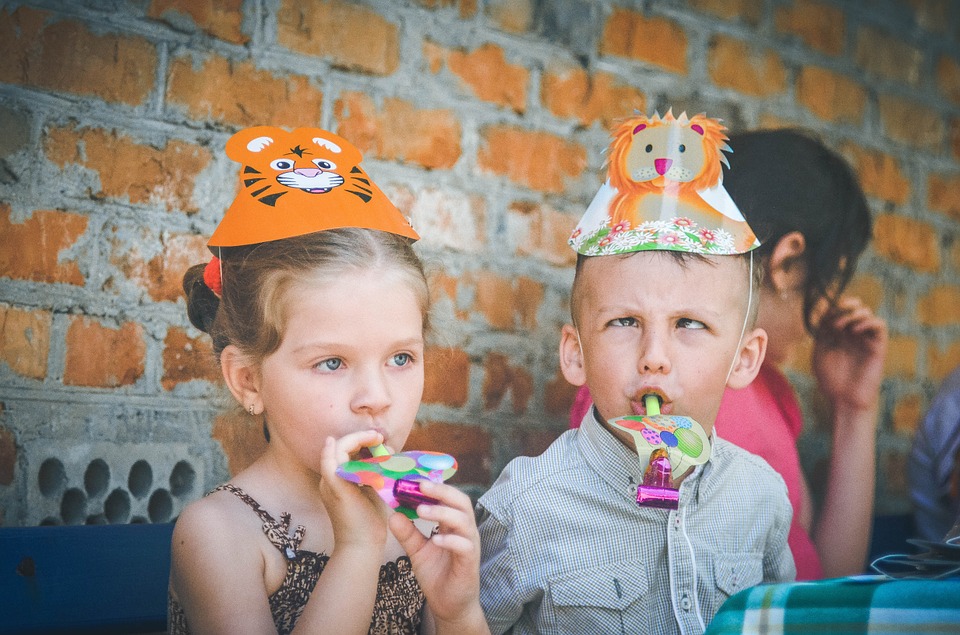
These tips can help you teach your child how to clean and stay organized in a way he/she can learn and process but it will take time. Be patient and instead of focusing on what hasn’t been done, tell them you’re proud of what they’ve done so far. Don’t get upset when you see a messy room but instead remind them that they need to clean. If it’s really messy, help out so they don’t feel overwhelmed. Be gentle when correcting behaviors and consider a reward system for when they do follow the rules.
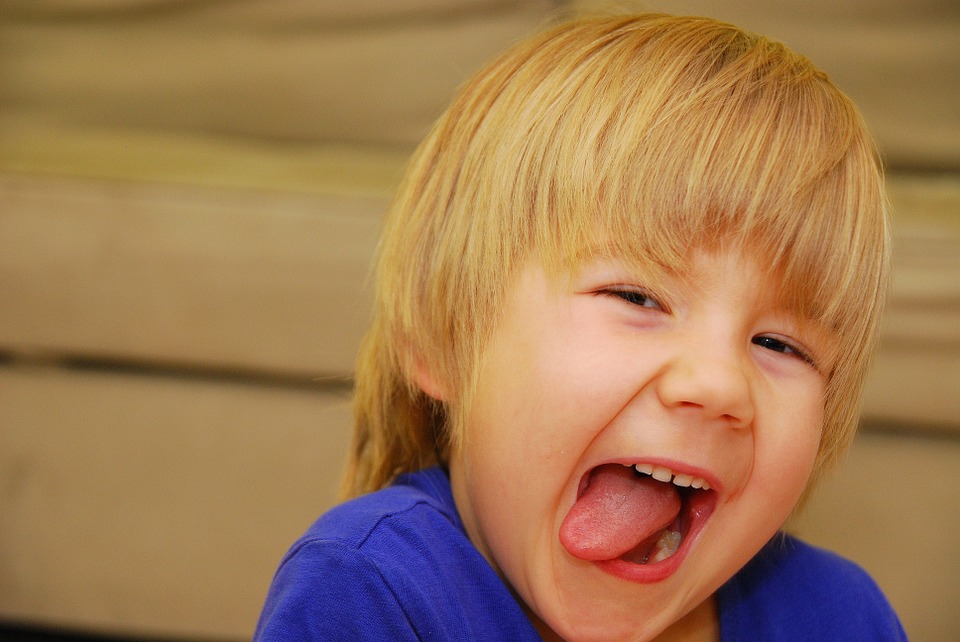
Kids with ADD often need extra help learning how to stay organized. The next time you’re feeling frustrated because you told them five times (or 500 times) to put their toys away, try to remember that they are feeling just as frustrated as you are. Empathy and understanding are the keys to your child having good self-esteem and learning life long solutions to a problem that is out of their control.
Do you have a child with ADD or ADHD? What are some words of wisdom you an share with other parents?
